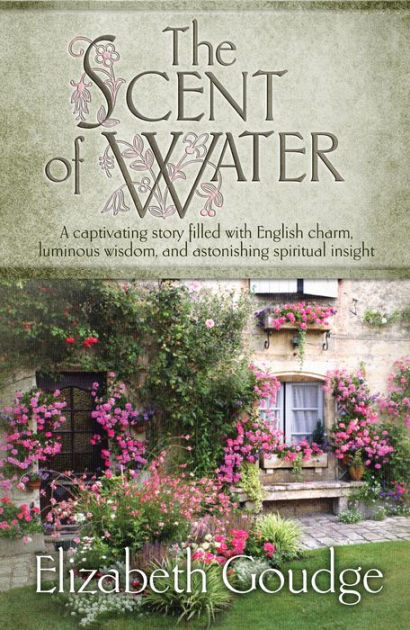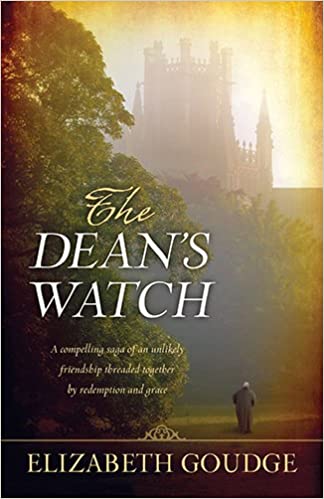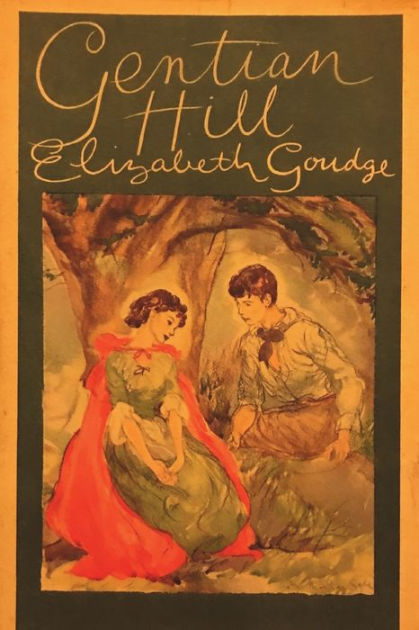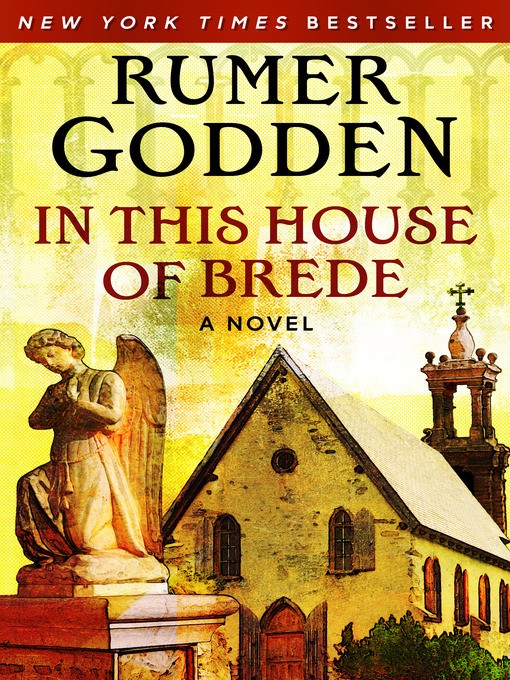Revisiting Old Friends
I’ve been immersed in Elizabeth Goudge for months now, and I wanted to pause and reflect a bit… First, why have I been reading (and rereading) her books? And second, what attracts and unsettles me in them?
The two rereads are The Scent of Water and The Dean’s Watch. I revisited both, in that order, in a very leisurely manner recently, and though for years I’ve thought my favorite Goudge novel was The Scent of Water, it seems The Dean’s Watch has overtaken and passed it on the list. Both novels have some common features that I enjoy very much:
- A developed sense of history in the depiction of a place. In both, the history is partly spiritual. In The Scent of Water the territory of the story was once occupied by an abbey, of which remnants remain in the structures, land and layout of the town; in The Dean’s Watch, the town has a monastery in its history, but what remains is a magnificent cathedral that dominates the fen landscape and the whole spirit and layout of the town. (It’s said to be modeled after the cathedral at Ely.) This, plus the Dean’s character, are what pushed this novel to #1.
- Masterful creation of atmosphere and keen attention to natural detail. Goudge knew the native species and people of the regions where she sets her books, and they come alive in ways that make me long for travel — travel to these places with an ancient, deeply Christian history, and preferably time travel as well. The sense of place in these stories is highly developed and inviting.
- People who struggle — with feeling isolated, or depressed, or unworthy, or grief-stricken, or struggling in marriage — but who take their faith seriously, don’t give up, and reap a harvest. Mary Lindsey’s predecessor in the cottage in Appleshaw struggled with mental illness and left a record of her journey with it.
- Spiritual depth. I suppose this is repeating what I just said, isn’t it? I’m thinking here specifically of the way Goudge talks about prayer. We think of praying as talking to God, or better yet conversing. But Goudge includes what I suppose might be thought of as a monastic tradition of prayer as action — carrying others’ burdens in one’s heart and thought (as Miss Montague and the Dean do in TDW), presenting one’s fear to God (as Isaac in TDW and Jean in TSoW do). I’ve also loved and returned to the advice of the old vicar in The Scent of Water that there are basically three prayers: “Lord have mercy;” “Thee I adore;” “Into Thy hands.”
I’ll think of other things I could add, but for now I’m moving on to the most recent book, Gentian Hill, which shares these same strengths. I had started the book a few years ago and then set it aside, so I decided it was time to go back and finish it.
I liked it; but of the three, I liked it least. The reason? It was overloaded with some of the qualities that either confuse me or simply make me uncomfortable in Goudge:
- A highly sentimentalized view of children. This element is in all three books — Jeremy in TSoW, and Bella in TDW, for instance. But in the character of Stella in this book, this idealization was pressed down, shaken together and running over. This is related to another repeated element that strikes me as a little creepy: there often seems to be a grown man who becomes fixated on a child. It never leads anywhere dangerous in the stories; in these three books, in every case it simply brought out generosity and gentleness in the man. But there’s something about it that makes me uncomfortable, and after the accumulation of books I was definitely saturated.
- Supernatural entities from folk tales or rendezvous with “magic” that seem superfluous, but that also seem to work against the dominantly Christian vision of the stories. In this book, there is a witch who has apparently converted from “black” witchcraft to “white” witchcraft after something like a conversion to Christianity. She takes a fancy to the child Stella and bequeaths her spells and materials to her. Stella is very uncomfortable with it, but an “enlightened” doctor who’s otherwise extremely likable and trustworthy talks her out of it. This isn’t the first of Goudge’s books that have bothered me this way, but it still caught me off guard, especially after the wise and satisfying Dean’s Watch.
An intriguing repeated element in all three books is a kind of claustrophobia that manifests itself in churchly settings. It’s not something I react to particularly, just something I notice: Mary Lindsay in The Scent of Water has a vision in which she feels entombed in rock, but God breaks it open; Isaac in The Dean’s Watch is terrified of the darkness and vastness of the cathedral, but his love for the Dean gives him courage to enter it at last and see the astonishing array of carvings that ignite his artist’s heart; Stella and her father both have the same vision of a church under the sea. (This is the least claustrophobic of the three.) Recently I read that Goudge had always been terrified by a ghost story that was apparently a tale of entombment, so maybe this imaginative pattern originates there. In any case, in all three examples here of these kinds of enclosures, Goudge depicts them as ultimately positive and redemptive.
I’ve lingered in Goudge’s literary imagination because there are aspects of it that I love. I’ve enjoyed escaping into the evocative settings, rich with history and populated with characters who undergo real struggles that shape them into people of maturity and wisdom and compassion. But I’m also reminded that even our literary favorites can have eccentricities that become wearisome after awhile. I’m ready for a change.






